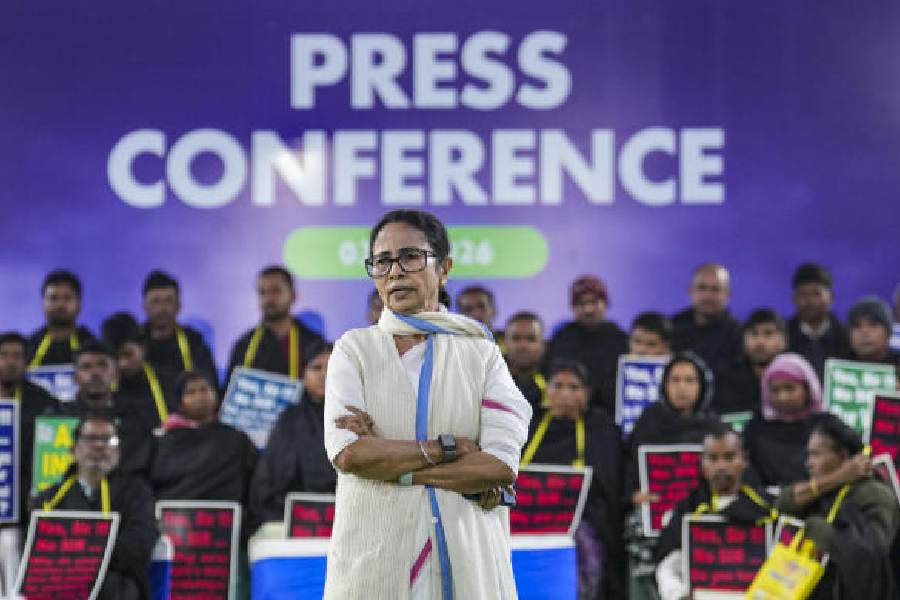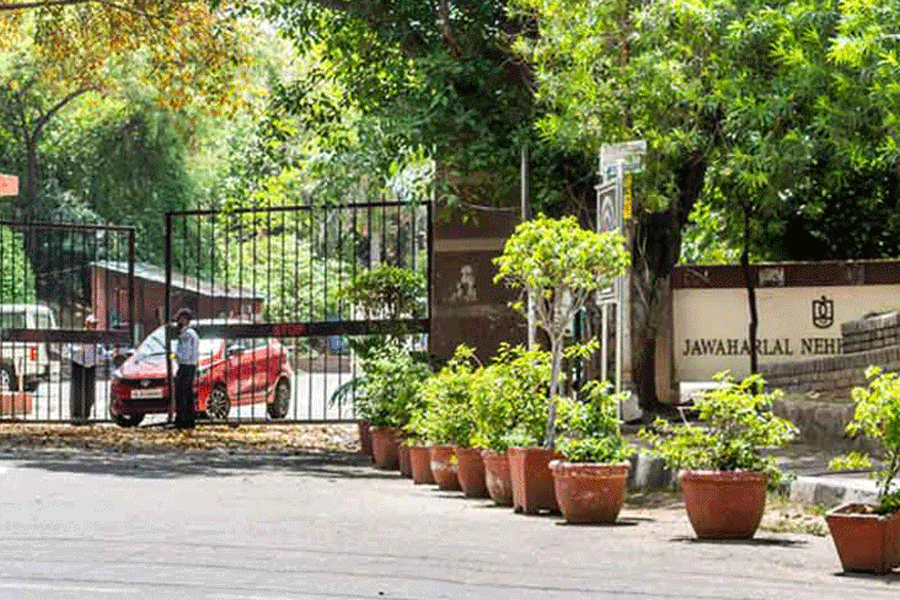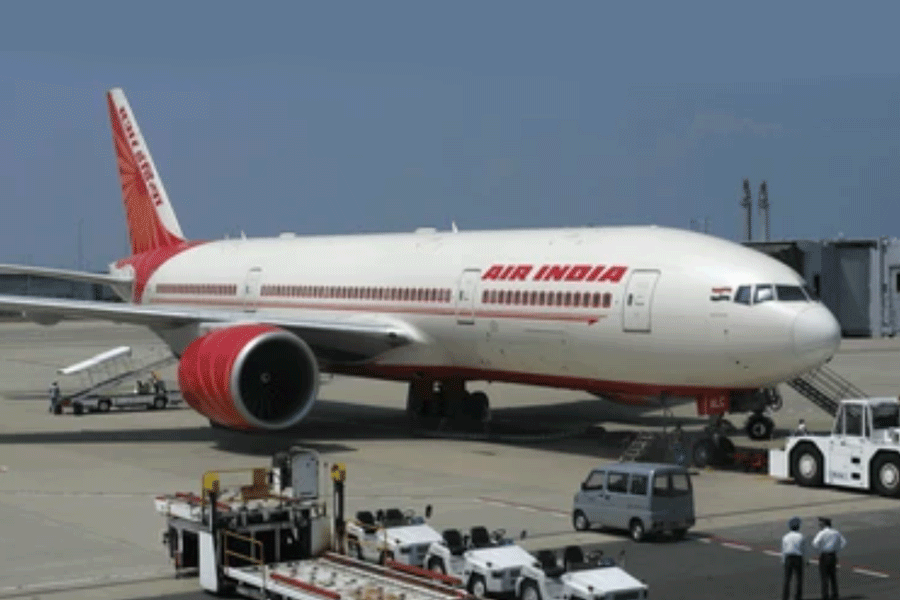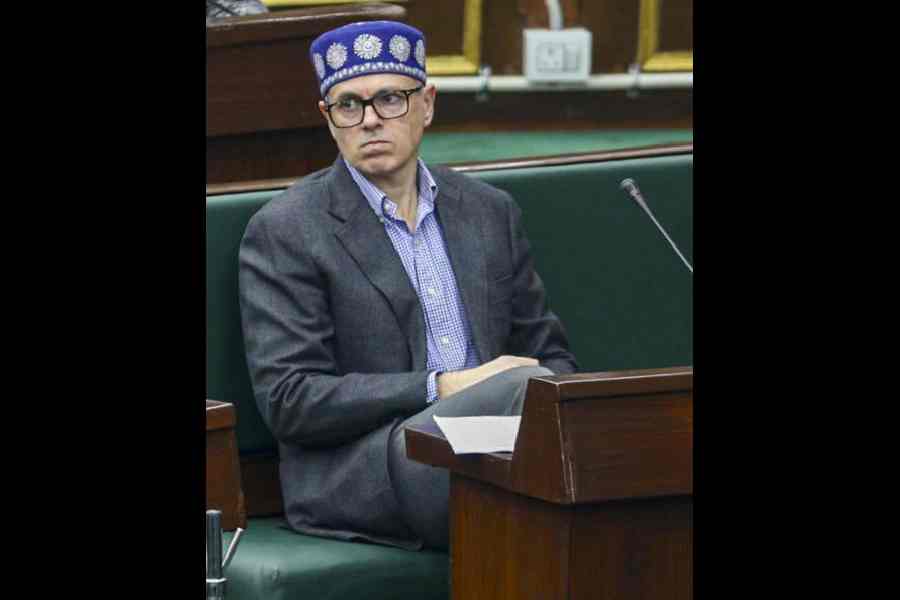The public discussion on the inauguration ceremony of the Ram temple in Ayodhya has not paid serious attention to two fundamental questions. First, is it appropriate for a secular State to participate in a purely religious event? Second, does this intermingling of religion and State power affect the values, perceptions and sensitivities of communities and groups at the grassroots level?
These two questions symbolise a serious public anxiety about the future trajectory of secularism as an ethical idea, which, as a template of politics, has somehow lost its electoral significance in India post-2014. The Bharatiya Janata Party leadership has already declared that secularism has no place in Indian politics. Interestingly, the Opposition has silently acknowledged this controversial claim. Most of the non-BJP parties do not want to be recognised as ‘secular’ outfits as if secularism is an insulting term.
Despite this indifferent attitude of the political class towards secularism, it still survives as an unspecified, yet defining, social-moral value in our collective existence as a nation. Precisely for this reason, there is a need to explore the everyday expressions of grassroots secularism in a systematic manner.
For the sake of analysis, let us look at the two interrelated meanings of the term, secularism, in the post-colonial Indian context. First, secularism is understood in relation to a dividing line between the State policy and the religious affairs of the communities. The State is expected to maintain a ‘principled distance’ to practise what the political theorist, Rajeev Bhargava, calls contextual secularism. The Constitution encourages the State to engage with religion in a positive yet secular manner. Religion, in this schema, is recognised as an inseparable constituent of the cultural life of the nation.
There is a difference between this normative imagination of constitutional secularism and the politics of secularism. Political parties, including the BJP, appropriated secularism to legitimise their electoral mobilisation in the post-Babri masjid period. The Congress-led camp proudly described itself as secular to reject the BJP’s communal Hindutva politics. On the other hand, the BJP did not give up secularism either. It criticised the self-declared secular parties for their pseudo-secularism simply to highlight its version of secularism — a secularism of equality.
The rise of Hindutva-driven nationalism as the dominant narrative of politics in the post-2014 era has radically replaced the secular-communal binary in an interesting manner. The BJP established Hindutva as a defining feature of Indianness. At the same time, a strange and highly ambiguous process of radical restructuring of the political order was started which could loosely be described as decolonisation. BJP leaders often evoke their commitment to Hindutva and decolonisation to reject secularism as a Western idea. This has posed a serious intellectual challenge for non-BJP parties. They have not yet evolved any alternative to secularism to define the specific nature of their politics.
This dilemma is clearly reflected in the recent debates on the Ram temple inauguration ceremony. The BJP would like to take this opportunity to consolidate its carefully-nurtured Hindutva constituency. The party leaders can certainly make a technically valid argument that the temple-opening ceremony is a cultural event and their active participation in it does not violate the constitutional mandate. The thin dividing line between religion and culture could easily be appropriated in this case. The Opposition, however, is clueless on this issue. It does not have a political language to counter the BJP’s possible appropriation of the Ram temple as a new national symbol.
The triumph of the BJP and the intellectual failure of the Opposition, however, should not be exaggerated to assess the viability of secularism in the Indian context. The ideas and ideals, which ensure the peaceful coexistence of all religious groups and communities (including those individuals, who do not want to be associated with any religion), underline a specific Indian form of secularism. The Gandhian notion, Sarva Dharma Sama Bhava, which highlights the spiritual unity of all faiths, is a good example in this regard. Contemporary Indian thinkers such as Sudipta Kaviraj, Ashis Nandy, T.N. Madan, and Partha Chatterjee recognise this everyday secularism as one of the crucial aspects of our postcolonial public life.
Two features of this people’s secularism are important for our discussion. First, Indian communities identify the religious and cultural diversity of postcolonial India as a core principle. The National Election Study conducted by CSDS-Lokniti in 2019 shows that an overwhelming majority of respondents claims that India does not belong only to Hindu community. In fact, a significant number of Hindu respondents (74%) did not subscribe to the view that India could be seen as a Hindu homeland. The Pew Research Center’s study, Religion in India: Tolerance and Segregation, also confirms this popular sentiment.
Second, and perhaps most importantly, a clear dividing line between emotionally-charged religious-cultural issues and substantive economic concerns is always drawn. The CSDS-Lokniti’s recent Mood of the Nation Study 2023 is very relevant in this regard. The respondents clearly identify unemployment and growing poverty as the most significant issues for the country. Even the Hindu respondents do not find the Ram temple a serious concern that might affect their everyday life. It does not mean that they have lost interest in religion. Instead, one finds a delicate balance between material life and spiritual needs — an equilibrium that allows them to practise religion without giving up secular considerations.
It is important to remember that these survey results should not be overstretched to discover any ‘final truth’ about India’s social life. Survey methods have their own limitations. Nevertheless, these findings take us beyond the elitist and almost polarised public debates on the question of secularism. It seems that the Indian masses still believe in peaceful coexistence of all religions/non-religious doctrines and faiths. At the same time, they evolve certain principles to create a dividing line between religious affairs and material necessities. This highly multifaceted form of ‘principled-distance’ helps them identify issues, concerns, and priorities at the grassroots level.
The political class does not want to engage with this ever-evolving secularity. It exposes its intellectual inability to construct new idioms and metaphors of secular-egalitarian politics. This has been the reason why we find an inconsistency between popular aspirations and their completely different electoral articulations.
Hilal Ahmed is Associate Professor, CSDS, New Delhi










